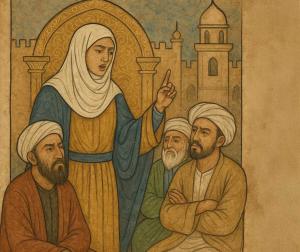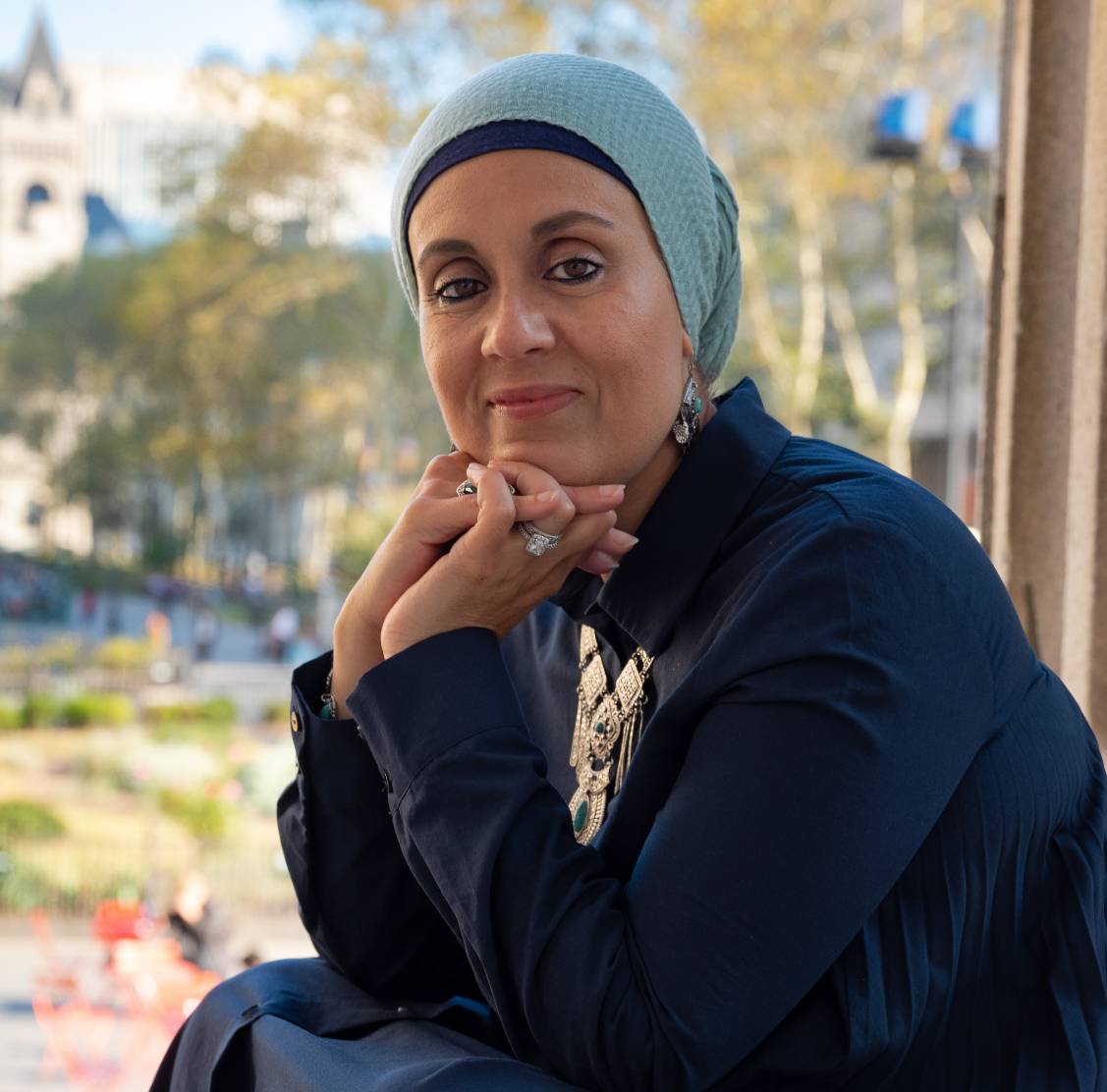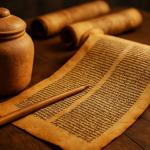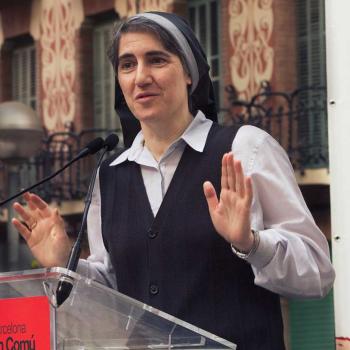
Stewards, Not Sovereigns: An Islamic Reflection on Power and Political Duty
In the Islamic tradition, leadership is not defined by dominion but by accountability. Political power is not a privilege to be hoarded, but a trust—an amanah—that must be wielded with justice, humility, and unwavering service to the people. The Prophet Muhammad (peace be upon him) said: “Each of you is a shepherd, and each of you is responsible for his flock.” In those words is a radical reframing of leadership—not as superiority, but as stewardship.
As a Muslim woman, educator, and civic leader in America, I have spent much of my life navigating the intersection of faith and power. And I believe we are called, more urgently than ever, to draw from our traditions—not just to critique unjust political authority, but to shape models of leadership rooted in ethics, equity, and service.
Leadership as Trust, Not Tyranny
The Qur’an offers repeated warnings against arrogance in leadership. In Surah Al-Baqarah (2:247), when the Israelites questioned why Talut (Saul) was chosen to be their

king, God responded that He had chosen him for his knowledge and physical strength—and then added, “God grants His authority to whom He wills, and Allah is All-Encompassing, All-Knowing.” It wasn’t lineage or popularity that mattered—it was readiness, capability, and ultimately divine trust.
Power in Islam is never unchecked. The Qur’an reminds us in Surah Al-Imran (3:26): “You give power to whom You will and You take it away from whom You will.” Authority is temporary. It is bestowed—and it can be taken.
That framing alone should humble any political leader, Muslim or otherwise. True Islamic governance, at its heart, is not about control. It is about service and justice.
The Prophet’s Model: Leadership by Example
The Prophet Muhammad (peace be upon him) wasn’t a king. He lived simply, mended his own clothes, and walked among the people. As a political leader in Medina, he governed through shura—consultation—with Jews, Christians, and Muslims alike. The Constitution of Medina was one of history’s first interfaith civic compacts, ensuring rights and protections for all communities.
He warned his companions against desiring political office. In one hadith, the Prophet said to a man who sought leadership: “You are asking for a position of authority, but it is a trust, and on the Day of Judgment, it will be a cause of regret unless one fulfills its obligations.” (Sahih Muslim)
This is the prophetic model. Leadership as burden—not glory. A platform to lift the vulnerable—not the ego.
Limits on Authority: No Obedience in Disobedience
Islam is clear: no political authority is above divine law or human dignity.
The Prophet taught: “There is no obedience to the creation in disobedience to the Creator.” (Ahmad, al-Hakim) In other words, allegiance to leadership is conditional—grounded in justice and moral righteousness. Blind obedience is not Islamic. Moral courage is.
Historically, Muslim scholars such as Imam Abu Hanifa and Imam Malik refused to endorse corrupt rulers. Imam Ahmad ibn Hanbal endured torture rather than endorse a political doctrine he believed was false. This legacy of ethical dissent is part of our tradition.
In today’s climate, where authoritarianism is cloaked in religious language and policy decisions often contradict the core ethics of Islam—such as justice, compassion, and truth—it becomes all the more urgent for Muslims to uphold these prophetic principles.
Faithful Engagement in a Secular System
In pluralistic democracies like the U.S., Muslims are not seeking to impose faith, but to be informed by it. Our civic engagement is not about converting others—it is about applying values of justice and equity that benefit everyone.
When I advocate for equity in education, speak up for the rights of immigrants, or challenge policies that harm the poor and marginalized, I am not doing so in spite of my faith. I am doing it because of my faith.
Our faith teaches us to stand with the oppressed—regardless of race, religion, or nationality. As the Qur’an says in Surah An-Nisa (4:135): “O you who believe! Stand firmly for justice, as witnesses to God, even against yourselves or your own kin.”
That means we must hold our leaders accountable—whether they share our religion or not. Voting, organizing, protesting, and even running for office can all be acts of sacred duty when done with integrity and purpose.
The Political Now: Islam and Power Today
In this election season, many in power are using fear as a weapon. Whether it’s the scapegoating of immigrants, the surveillance of Muslim communities, or the erosion of civil rights, we are seeing what happens when leadership forgets that it is a trust—not a weapon.
But Islam does not teach withdrawal from society. It teaches engagement—with purpose, clarity, and ethics.
I am reminded of a beautiful saying of Caliph Abu Bakr (may God be pleased with him) when he addressed the people upon taking leadership: “If I do well, help me; and if I do wrong, set me right.” Imagine if every politician said that. Imagine if every voter expected that.
A Call for Sacred Accountability
So what does Islam say about political authority?
- It says that leaders must serve—not dominate.
- It says that power must be checked—not worshipped.
- It says that people of faith must speak truth to power, even when it is uncomfortable.
- And, it says that civic engagement, rooted in compassion and justice, is not optional—it is essential.
As Muslims, we are not waiting for perfect leaders. We are called to be principled people—who hold our leaders accountable and who lead when necessary, with the ethics of service and the courage of our convictions.
In a time when politics feels poisoned and leadership feels distant, our tradition offers a hopeful, radical vision: that those who lead must do so with humility, justice, and a heart tethered to the people—not to their own power.














